Gaza: los ataques israelíes contra escuelas agravan el peligro para la población civil
Letales ataques contra escuelas convertidas en refugios ponen en evidencia la vulnerabilidad de las personas desplazadas

Two types of explosive weapons—antipersonnel landmines and cluster munitions—have been prohibited outright due to their indiscriminate and devastating effect on civilians but the use of explosive weapons causing wide-area effects in populated areas requires urgent attention too. Today, victims of war are all too often civilians in populated areas, as air strikes, rocket attacks, and artillery shelling in Gaza, Iraq, Libya, Syria, Ukraine and elsewhere show. Civilians in towns and cities in these conflicts are often killed directly by the strike, crushed by the buildings it flattens, or maimed by the unexploded ordnance left behind. The use of imprecise weapons in urban areas has highly destructive consequences. Explosive weapons with wide-area effects should be avoided in populated areas due to the foreseeable harm to civilians.
Human Rights Watch is a founding member of the International Network on Explosive Weapons.


3 de junio de 2025
Letales ataques contra escuelas convertidas en refugios ponen en evidencia la vulnerabilidad de las personas desplazadas

Los gobiernos deberían suspender el suministro de armas a Israel y apoyar la investigación de la CPI

Las fuerzas rusas utilizan municiones de racimo ampliamente prohibidas y causan daños en hospitales
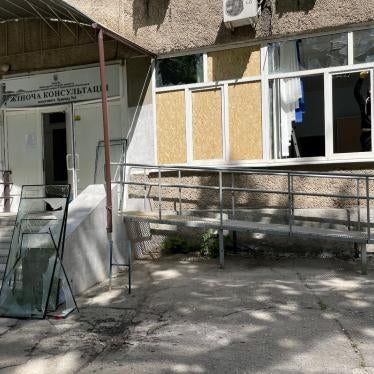
Los residentes describen condiciones duras durante los ataques rusos
Cumplir la Declaración Política de 2022 reduciría los daños en los conflictos armados

Los gobiernos deberían suspender el suministro de armas a Israel y apoyar la investigación de la CPI

Boletín informativo, 26 de marzo de 2024
Es urgente iniciar una investigación de crímenes de guerra sobre las pérdidas masivas de vidas civiles e infraestructuras
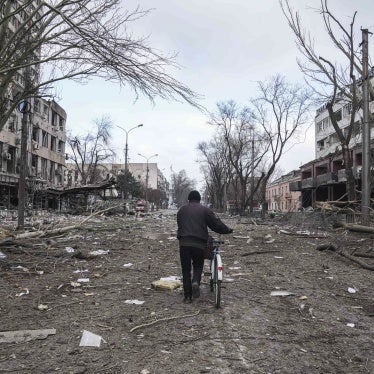
El uso militar de las escuelas, los bombardeos, el fuego de artillería y los saqueos causan daños y destrucción
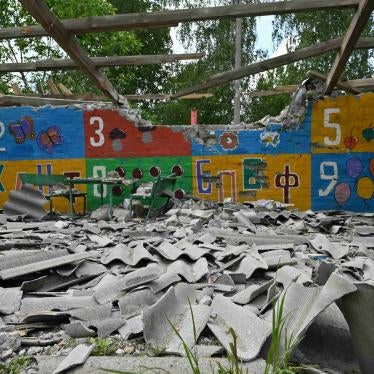
Los países que suministran armas se arriesgan a ser cómplices de abusos graves

Posible crimen de guerra, nueve civiles muertos en Lyman
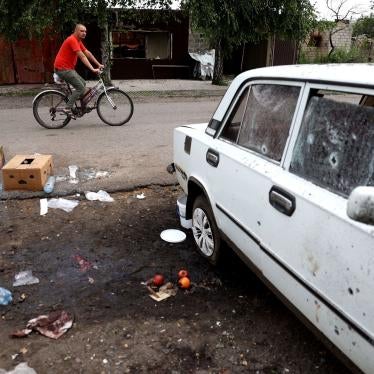
Reconstrucción digital muestra el ataque mortal de las fuerzas rusas
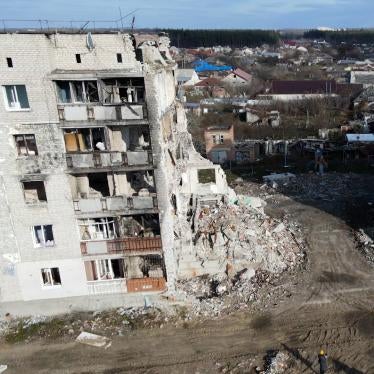
Todos los países deben adherirse a una nueva declaración política
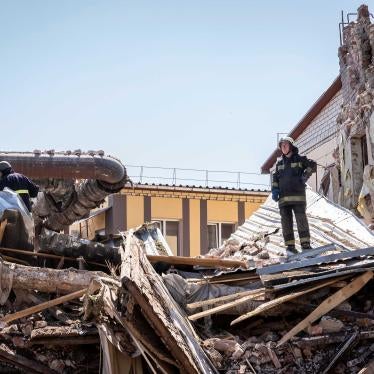
Las fuerzas rusas utilizan municiones de racimo ampliamente prohibidas y causan daños en hospitales
